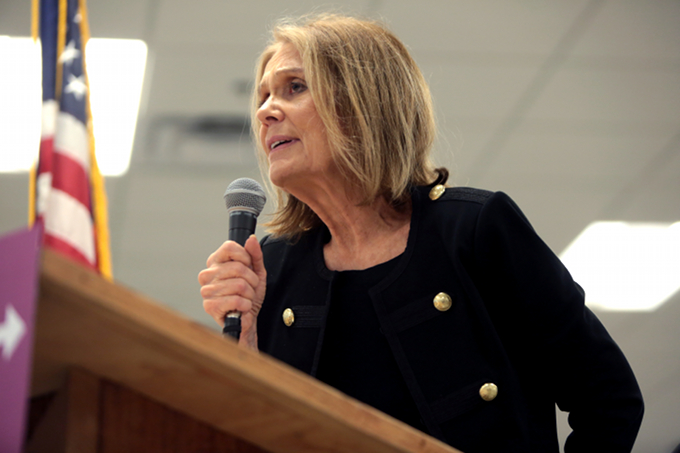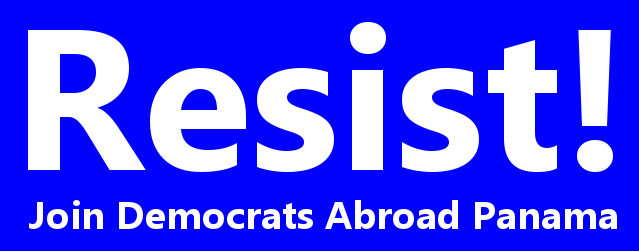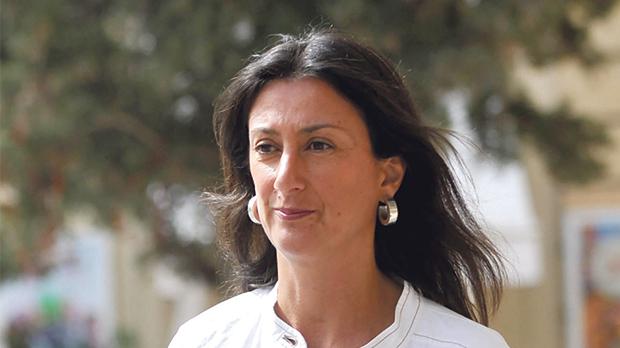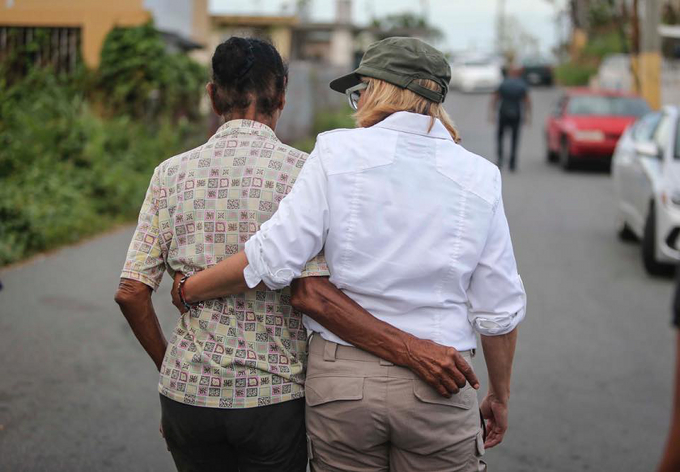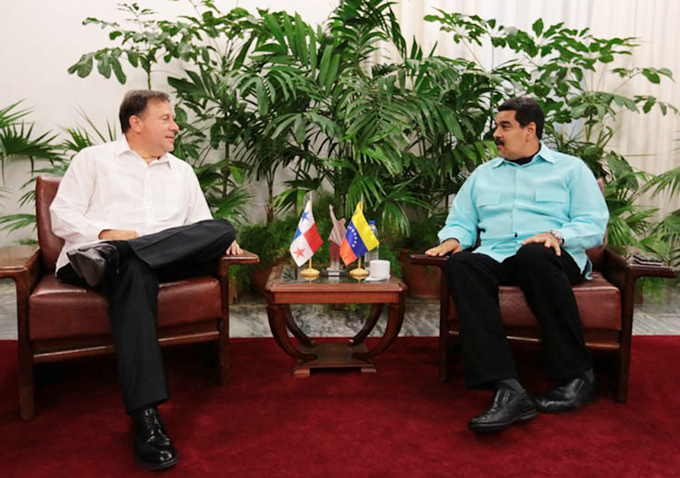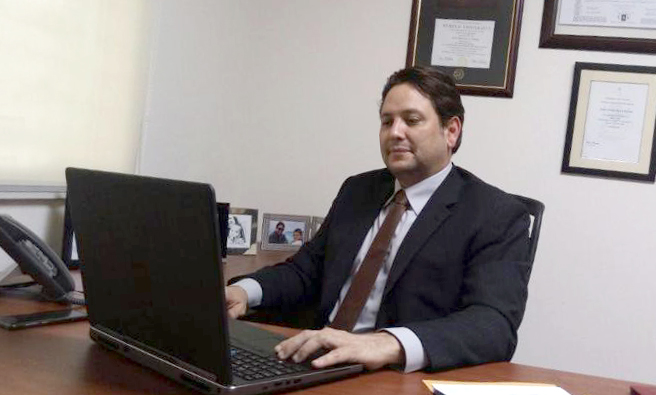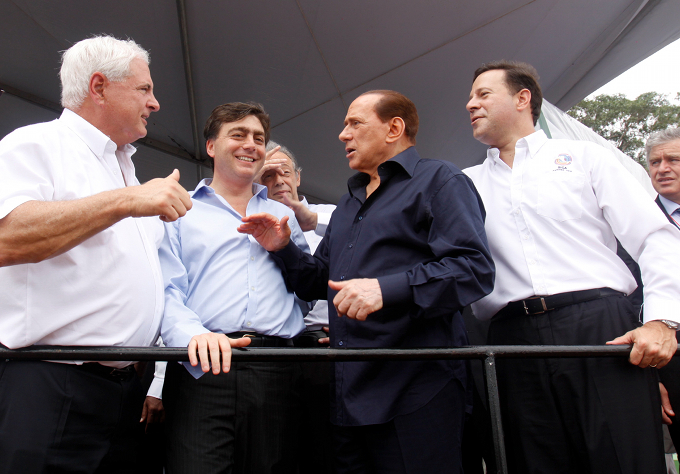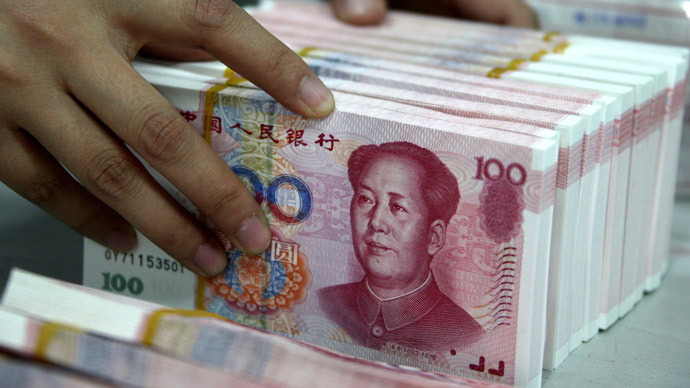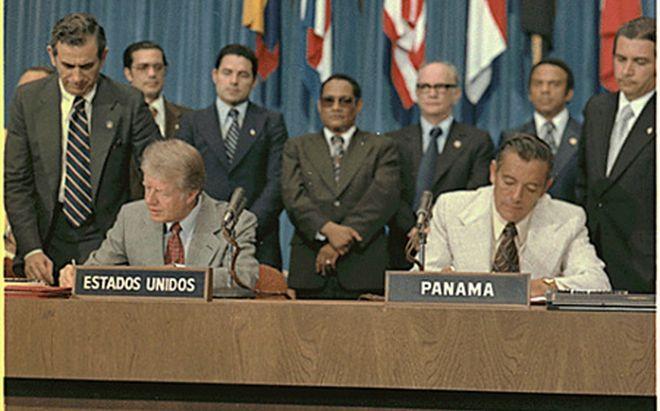
En los 40 años de la firma de los Tratados Torrijos – Carter
por Olmedo Beluche
La conmemoración de los 40 años de la firma de los Tratados Torrijos-Carter ha sido utilizada por los dirigentes del Partido Revolucionario Democrático (PRD) para exaltar la figura de su fundador, Omar Torrijos, y resaltar el supuesto “error” de los que, por razones patrióticas o antiimperialistas, no apoyamos en ese momento el acuerdo. El momento obliga a la evaluación objetiva de los hechos, donde la verdad histórica suele estar equidistante de cualquier unilateralismo.
Las razones del Sí y las razones del No
Desde el momento en que se conoció el texto del tratado, y durante los pocos días de debate democrático que se abrió, entre el 7 de septiembre, fecha de la firma, y el 23 de octubre, fecha del plebiscito, quedó en evidencia su carácter contradictorio. Sin duda alguna, el tratado contenía grandes conquistas, pero también contenía importantes retrocesos que afectaban, y siguen afectando, la soberanía.
Quienes se inclinaban por el voto Sí, reivindicaban el desmantelamiento de la Zona del Canal, el comienzo de la reversión y una fecha fija para la salida de Estados Unidos y sus bases militares, el 31 de diciembre de 1999. Quienes se inclinaban por el voto No, señalaban la legalización de las bases militares, el Pacto de Neutralidad que no era neutral y no tenía fecha de finalización, así como ceder por 23 años la administración primaria del canal.
Por supuesto, también las subjetividades y convicciones políticas influyeron en el debate. Las razones para votar “Sí” o para votar “No” eran tan diversas como la sociedad panameña: desde los gringueros de derecha, para quienes Panamá sólo podía existir como colonia; hasta los oportunistas que aprobaban lo que dijeran los militares panameños sin importar más razones.
En la izquierda también había sus extremos, desde los pancistas que, desde 1972, recibían prebendas del régimen a cambio de apoyo incondicional; hasta la izquierda independiente, separada de Torrijos por las violaciones a los derechos humanos, los asesinados y desaparecidos de los años anteriores.
Entre esos extremos estaba la mayoría de la ciudadanía, motivada por verdaderos sentimientos antiimperialistas y patrióticos forjados por generaciones que lucharon valientemente contra la Zona del Canal y su status colonial. Aquí también la gente se dividió, la mayoría a favor del tratado, la minoría en contra, evaluando “los pros y los contras” según fuera su lectura del tratado.
El mérito es de los Mártires del 64
Algo que se suele pasar por alto es que las conquistas contenidas en el tratado se deben primero que, y por encima de todo, a la lucha generacional del pueblo panameño, pero especialmente a los Mártires del 9 de Enero de 1964. Ellos fueron los que obligaron al imperialismo yanqui a sentarse a negociar y a aceptar la derogación del oprobioso Tratado Hay-Bunau Varilla, impuesto durante la invasión de noviembre de 1903 y la manipulada separación de Colombia, para imponer una república intervenida y colonizada.
Algunos sectores del PRD, por evidentes motivos políticos, manipulan los hechos para concentrar exclusivamente en su líder fundador, lo positivo alcanzado en los Tratados de 1977, y suelen olvidarse de la Gesta Heroica que fue el verdadero acontecimiento que cambió la historia. También es cierto que entre la derecha y las élites oligárquicas panameñas se pretende menospreciar la figura histórica del general Torrijos.
Parafraseando a los religiosos, en este caso, “la gloria sea”, en primer lugar, a los Mártires del 64. En ese marco, hay que reconocer objetivamente los méritos a Omar Torrijos y su equipo negociador, a quienes tocó la responsabilidad de firmar lo bueno y lo malo del tratado. Al menos Torrijos fue sincero y reconoció al momento de firmarlo que el Tratado nos mantiene (hasta hoy) “bajo el paraguas del Pentágono”.
Lo positivo y lo negativo del Tratado de 1977
En el libro Diez años de luchas políticas y sociales en Panamá (1980-1990), hemos evaluado el contenido del Tratado de la siguiente manera:
“La conclusión rápida de los tratados en 1977 fue forzada por varias circunstancias coincidentes: en el plano nacional, la crisis económica interna de Panamá, y el comienzo del desgaste del apoyo popular al régimen militar panameño. En el plano exterior, se destaca la instauración de un nuevo gobierno demócrata en Estados Unidos, más abierto a la posibilidad de modernizar sus relaciones con Panamá, debido a la crisis política de Watergate y a la reciente victoria de Vietnam (1975), después de más de 10 años de intervención militar yanqui.
El Tratado Torrijos Carter tuvo un carácter contradictorio, puesto que a la vez que Panamá obtuvo importantes conquistas, sobre todo en materia jurisdiccional, tuvo que ceder en aspectos relativos a la defensa y neutralidad del canal.
Entre las conquistas del tratado podemos señalar: el fin de la perpetuidad con la firma de un acuerdo con fecha fija de terminación; eliminación de la situación colonial de la Zona del Canal, con el retorno a la jurisdicción panameña de ese territorio; entrega a Panamá de los puertos (Balboa y Cristóbal) adyacentes al Canal; participación creciente de Panamá en la administración del canal y aumento de los beneficios directos (10 millones de dólares anuales fijos y otros 10 millones en caso de haber superávit).
En cambio, el gobierno panameño tuvo que conceder que la responsabilidad primaria del manejo, mantenimiento, protección y defensa del canal era de los Estados Unidos, mediante una agencia de dicho gobierno, la Comisión del Canal, y bajo leyes norteamericanas (Ley 96-70), lo cual de hecho coarta la jurisdicción y la soberanía.
En materia de defensa, el tratado legalizó la presencia de las bases militares norteamericanas, que antes estaban de hecho y no de derecho, bajo la excusa de proteger el canal. Y en cuanto al Pacto de Neutralidad, el Senado norteamericano consignó una cláusula que permite la intervención militar norteamericana en Panamá, en cualquier momento después del año 2,000 (o sea, a perpetuidad) si a juicio de Washington estuviera en peligro el libre tránsito por el canal.
Como se puede apreciar, los ingresos económicos que Panamá obtuvo del tratado no fueron lo suficientemente significativos como para revertir la crisis económica, la cual a partir de comienzos de los años ochenta se volvió a profundizar.
El tratado tuvo, además, otra consecuencia muy importante para el país, como lo fue el acuerdo para la democratización de las instituciones políticas que el gobierno de James Carter impuso al General Omar Torrijos como condición para aprobar el tratado. Retomaremos este aspecto más adelante, baste mencionar por el momento que la firma del Tratado Torrijos Carter significa el fin del período de confrontación relativa, entre el régimen bonapartista de Torrijos y Estados Unidos, respecto al canal, y el comienzo de la implementación de una estrategia política para Panamá ejecutada de común acuerdo entre ambos.
Es el fin del bonapartismo “sui generis” apoyado en las masas y confrontado con el imperialismo, para dar paso, nuevamente, a un régimen bonapartista que gobierna confrontando a las masas y en acuerdo con el imperialismo”.
La invasión y el uso “menos colectivo posible” del Canal
Pero “la vuelta a los cuarteles”, proclamada por Torrijos, fue solo aparente, porque los coroneles siguieron manejando los hilos de la política nacional y el Cuartel Central siguió siendo la sede del poder real. Durante la siguiente década los militares impusieron un criterio militarista del uso de las instalaciones que iban revirtiendo. Cada cuartel yanqui era sustituido con uno panameño.
Muerto Torrijos, el gran proyecto del general Noriega era que la Guardia Nacional panameña se convirtiera en un ejército profesional, denominado Fuerzas de Defensa, para suplantar al ejército norteamericano en el canal. En ello fue apoyado financieramente por Estados Unidos. Así se ejecutó, hasta que la crisis por las medidas neoliberales del gobierno fraudulento de Barletta, 1984-85, puso en jaque este proyecto.
Salvo la bandera en la cima del cerro Ancón, de gran valor simbólico, no hubo ningún criterio para dar a las áreas revertidas el “mayor uso colectivo posible”, como había prometido Omar Torrijos durante el debate del plebiscito. Todo el enfoque fue militarista.
Tampoco se utilizaron los millones adicionales del canal para tratar de revertir la brecha social entre ricos y pobres que se ensanchó abrumadoramente entre 1980 y 1990. Cuando más, algunas viviendas fueron repartidas con criterios políticos y amicales.
Cuando la crisis escaló en 1988, gracias a las sanciones norteamericanas, un sector destacado de la burguesía organizó un proyecto alternativo a los militares fundando no sólo la Cruzada Civilista, sino que los hermanos Lewis Galindo crearon el llamado grupo Modelo, que incidió no solo en el apoyo a la invasión de 1989, sino en la configuración de un proyecto de uso del canal al servicio de la burguesía y no de los militares.
De manera que, sobre la pila de muertos de la invasión del 20 de Diciembre de 1989, Estados Unidos impuso a Panamá no sólo el modelo político de estado oligárquico corrupto con careta “democrática” que tenemos, sino que apadrinó la imposición de un modelo de apropiación de las áreas revertidas y manejo del canal conveniente a la burguesía y tutelado por ellos.
El conjunto de los partidos políticos burgueses, incluyendo al PRD, desarrollaron el enfoque empresarial de la Ley de Uso de Suelos para las áreas revertidas, por la cual se las ha ido vendiendo, no siempre al mejor postor. Lo que no se vende, se ha dejado deteriorar, antes que traspasarlo a organizaciones cívicas y sociales. La idea es, no perder el valor comercial artificialmente definido.
Así también los Acuerdos de Coronado sentaron las bases para la redacción del título constitucional sobre la administración del canal, que convierte a la Junta Directiva de la ACP, y al cargo de Administrador, en un club exclusivo para la élite empresarial panameña, como si de una nueva “zonita sin gringos” se tratara. De manera que, el resto del país no puede opinar, menos influir, sobre las decisiones que ahí se toman, como se evidenció recientemente con el presupuesto. A lo cual se agrega una Junta Asesora compuesta por las transnacionales del comercio marítimo, cuya opinión cuenta más que la de los gremios panameños.
Hagamos memoria, ese título constitucional, que permite una Junta Directiva sin representación de la clase trabajadora, los gremios profesionales y las organizaciones sociales, fue aprobado por dos Asambleas de manera unánime, bajo los gobiernos de Guillermo Endara (Panameñista) y Ernesto Pérez Balladares (PRD).
Bajo la administración de Pérez Balladares (1994-1999) también se diseñó un plan para tratar de incumplir con el retiro de todas bases militares norteamericanas, permitiendo que la base aérea de Howard se disfrazara con la “guerra contra las drogas”, bajo la máscara de un Centro Multilateral Antidrogas (CMA), proponiendo que se quedara más allá del año 2000.
Pero la movilización popular y el descontento producido por sus privatizaciones y medidas neoliberales (abaratamiento del despido de trabajadores y desprotección a productores agrícolas bajando los aranceles), llevó al fracaso de este plan antinacional del primer gobierno del PRD en la postinvasión.
El Pacto de Neutralidad y los acuerdos de seguridad
Fracasado el CMA, y con la reversión total el 31 de Diciembre de 1999, el gobierno norteamericano y sus lacayos empresariales y políticos en Panamá, dieron paso a continuar el control militar del territorio nacional, no con las llamativas y repudiadas bases militares, sino con diversos acuerdos de seguridad, ninguno de los cuales ha pasado por la Asamblea Nacional ni el debate público.
Tan temprano como 1999-2000, el gobierno de Mireya Moscoso firmó el acuerdo Salas – Becker, por el cual se cede la soberanía para que Estados Unidos custodie o “vigile” el espacio aéreo y el mar territorial de Panamá, con el cuento de la “guerra contra las drogas”. De modo que lo “conquistado” en materia de soberanía en el Tratado de 1977 ha quedado en papel mojado.
Miles de habitantes de las regiones limítrofes con Colombia dan testimonio de la presencia de soldados norteamericanos en la región. También se sabe que la administración del Canal de Panamá ha firmado acuerdos de seguridad con agencias norteamericanas, pero su contenido se desconoce.
El gobierno del PRD del hijo del general Torrijos, Martín Torrijos (2004-2009), no sólo no anuló estos acuerdos de seguridad que menoscaban la soberanía panameña, sino que nos siguió manteniendo “bajo el paraguas del Pentágono” participando del llamado Plan Mérida de seguridad para toda la región centroamericana diseñado por los norteamericanos.
Durante el gobierno del segundo Torrijos también se impuso en un referéndum, cuestionable por la alta abstención, el criterio de destinar miles de millones para la ampliación del canal y un tercer juego de esclusas que no eran urgentes, pero que desviará miles de millones de dólares de sus ingresos a favor de bancos y empresas constructoras, y no al pago de la “deuda social” que exigíamos los sectores populares nucleados en el Frente por el NO de 2007.
Nuevamente tuvimos razón. El Grupo Unidos por el Canal, que ganó la licitación de la ampliación y tercer juego de esclusas, no solo cometió la deshonestidad de estar compuesto por una empresa de la familia del administrador del canal (CUSA), Alemán Zubieta, sino que ahora ha demandado sobreprecios que triplican el valor originalmente presupuestado.
El gobierno de Ricardo Martinelli (2009-2014) profundizó la intromisión militar yanqui con un acuerdo para la construcción de 12 bases aeronavales que podrían contar con “asesores” norteamericanos, cuya cuantía y tipo es imposible calibrara dada la ubicación remota de estas bases militares.
El gobierno de J. C. Varela (2014-2019) ha mantenido todas estas vejaciones a la soberanía nacional y las ha profundizado convirtiéndonos en títeres de la política exterior de Washington, al sumarnos a la Coalición Internacional contra ISIS y a las presiones contra el gobierno legítimo de Venezuela en la Organización de Estados Americanos (OEA).
Por encima de todos estos acuerdos flota la sombra del nefasto Pacto de Neutralidad que, en realidad, no nos hace neutrales, sino que nos alía con el Pentágono como dijo Torrijos. El cual constituye una amenaza permanente de intervención militar cuando, a juicio unilateral de Estados Unidos, el “libre tránsito” por el canal se encuentre en peligro.
El Pacto de Neutralidad, con toda su letra intervencionista, que no se limita a la Enmienda De Concini, es como el Hay-Bunau Varilla, un tratado sin fecha de término y, por lo tanto, violatorio del derecho internacional. Ese Pacto de Neutralidad fue una de las principales razones por las que muchos sectores antiimperialistas y patrióticos votamos que NO en el plebiscito de 1977.
Si, pasados 40 años, nos pidieran ratificar el Pacto de Neutralidad con un nuevo plebiscito, los antiimperialistas y patriotas consecuentes, volveríamos a VOTAR NO. Por eso, seguimos luchando por su derogación total.
~ ~ ~
Estos anuncios son interactivos. Toque en ellos para seguir a las páginas de web






